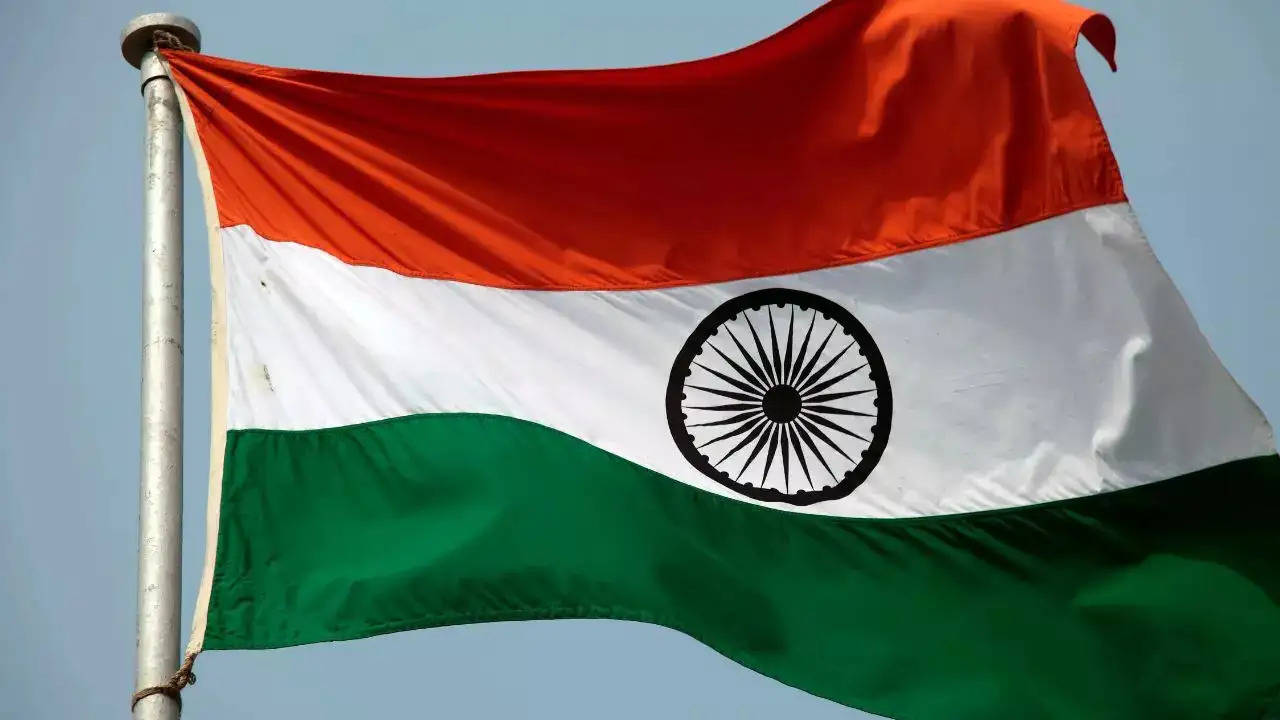‘Why do non-meat products require halal certification?’ asks UP government in Supreme Court

Join our WhatsApp Community to receive travel deals, free stays, and special offers!
- Join Now -
Join our WhatsApp Community to receive travel deals, free stays, and special offers!
- Join Now -

The Uttar Pradesh government on Monday questioned in the Supreme Court why the issue of halal certifications for non-meat products such as atta (wheat flour), besan (gram flour), cement and iron bars was brought before the court, asking why consumers across the country were compelled to purchase costlier halal-certified items, Live Law reported.
Halal is an Arabic term that means “lawful”. In the dietary context, where it is most commonly used, it refers to food that is permissible according to Islamic regulations.
In November 2023, the Uttar Pradesh government banned the sale, production, storage and distribution of halal-certified food items.
“So far as halal meat etc. is concerned, nobody can have any objection,” Solicitor General Tushar Mehta, representing the Uttar Pradesh government, told the court. “But your Lordships would be shocked, as I was shocked yesterday, even cement used is to be halal-certified! Sariyas [iron bars] used have to be halal-certified…Water bottles which we get are required to be halal-certified.”
Mehta said that halal-certifying agencies were charging high fees, alleging the total amount collected through this process could amount to several lakh crores, PTI reported.
After the ban, several petitions were filed before the Supreme Court – including those by Halal India Private Limited, Jamiat Ulama-I-Hind Halal Trust and others – questioning the constitutionality of the notification.
On January 5, the Supreme Court...
What's Your Reaction?
 Like
0
Like
0
 Dislike
0
Dislike
0
 Love
0
Love
0
 Funny
0
Funny
0
 Angry
0
Angry
0
 Sad
0
Sad
0
 Wow
0
Wow
0



















































